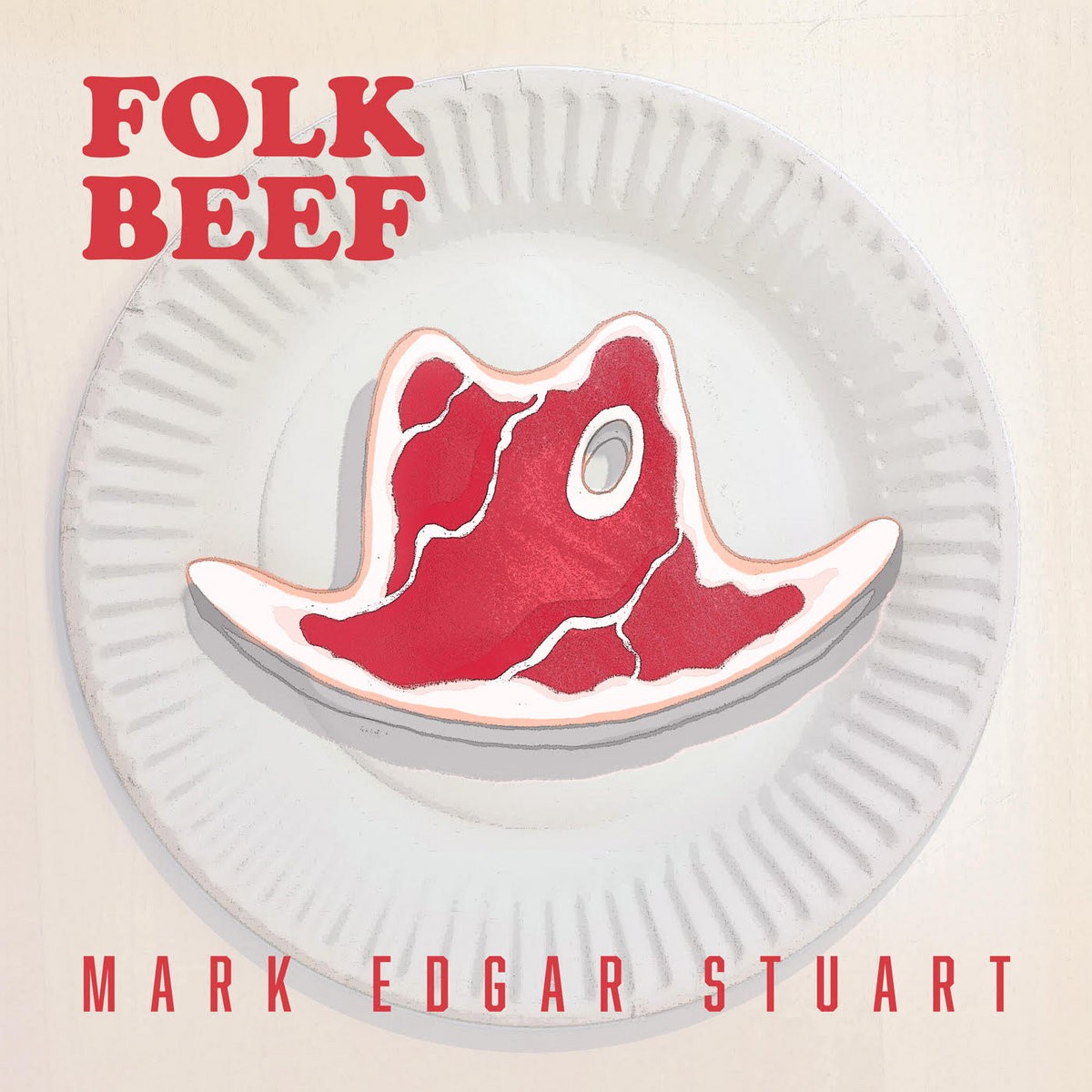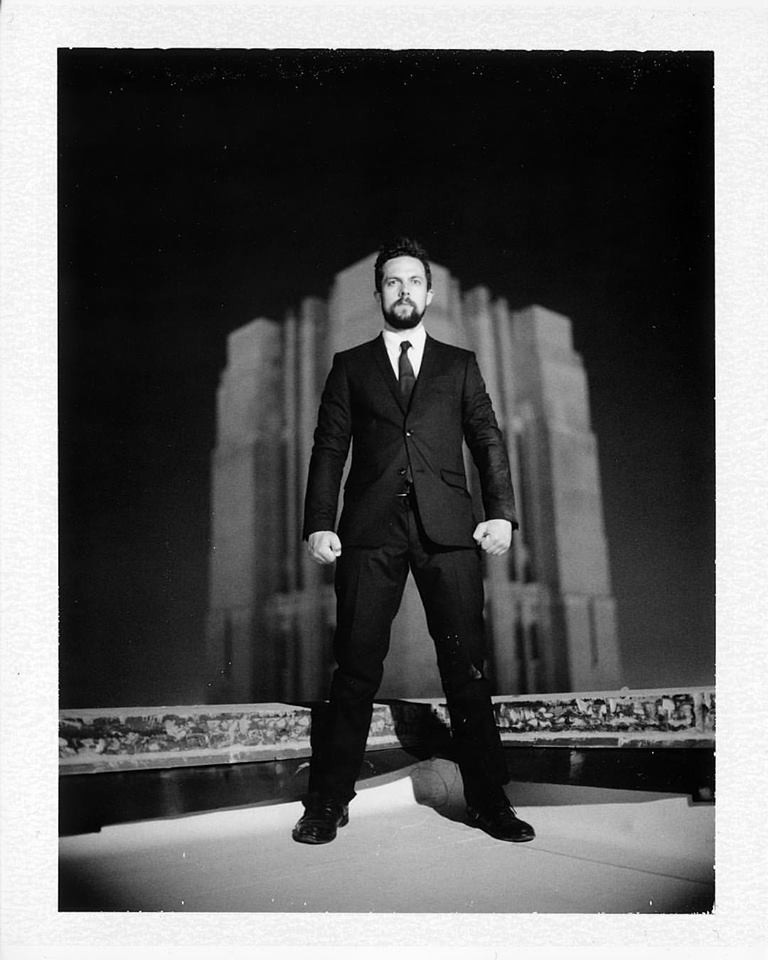It’s no easy thing to pin down something as mercurial as a memory, as fleeting as a feeling, with nothing more than mere words. But to singer/songwriter Alex da Ponte, such an act comes naturally. Da Ponte is a poet’s songwriter, as evidenced by her recently released single, “The Revolution,” recorded at Pete Matthews’ and Toby Vest’s High/Low studio.
Da Ponte was surrounded by music and storytelling from an early age. There was always a piano around the house, and her family members are no strangers to singing as a means of passing the time. In fact, her great-great-grandfather was Lorenzo da Ponte, librettist for Mozart, who wrote the words to Mozart’s operas. So her felicity with a turn of phrase comes as no surprise. “I’ve written songs in a lot of different ways but it always turns out best when the lyrics come first and I put guitar to it later. I’m a writer before I’m a musician,” da Ponte says. “Writing, by blood, is my strong suit, I think.”
The songwriter has done the work of self-discovery, both as an artist and an individual, and her lyrics resonate with the hard-won wisdom of a gentle soul. As an out member of the LGBT community in the South, da Ponte’s journey toward embracing herself is one that has not always been met with approval. “I’ve always hated the idea of perpetuating the ideology that these things are abnormal because they’re not,” da Ponte says. “We are here. We have always been. I hope that as a gay artist my openness is one account of many that allows a more human view of people and relationships. Something for people to connect with and come together over.”
Perhaps that’s why so much of da Ponte’s work feels anthemic. She knows something as natural as expressing love can be deemed a dangerous act. So her songs become a rallying cry for everyone brave enough to live in love, to show up for family when life gets messy, to be their truest selves.
Still, for da Ponte, openness has not always been easy. She found out earlier this year that she is autistic. “Finding that out was really incredibly helpful. Like finding out that I have a place in the world and in that place everything about me that was so bizarre or unusual suddenly makes sense,” da Ponte says. “There’s this new culture where people are embracing their otherness and ironically this is bringing people together and closing these gaps. I absolutely want to be a part of that movement.” She aspires to make music that people can relate to while also being a voice for lesser-heard groups.
“There were so many times when the merch table after a show was flooded with people who were touched by my lyrics and they wanted to connect with me as a person and I couldn’t give them that. That’s where my autism hurt me,” da Ponte says. “A big part of being successful in this industry is being able to cultivate a following and build relationships. So I felt I really held back, and at the time I didn’t know why. Now I know why. The diagnosis has allowed me grace with myself but it has also given me a better understanding of myself and the ways in which connection is possible.”
If da Ponte seems driven to accomplish much — self-examination, deeper connections, musical maturity and meaningfulness — she has her reasons. For a young artist, she has had more than her fair share of close brushes with death. Her younger brother died almost exactly a month before her son was born. “It was such an intense experience to watch my child be born and go home with a newborn all while in the thick of grief,” she remembers.
The singer’s late brother has inspired several songs. His voice and his laugh are even memorialized on “That Sibling Song” from da Ponte’s third album. She strove to capture her family’s passion for music in song, so she invited her family members to come sing on her album. “At the very end of this track you can hear my little brother say, ‘We’re related to Alex da Ponte. She’s aight,’ and then laugh. Had to incorporate him in some way. Any excuse to hear his voice. Part of grief, for me, has meant finding ways to keep him alive. Now he’ll forever be chuckling at the end of one of my songs and I love that.”
As da Ponte puts it, the songs keep coming still, but the songwriter confesses that she has held back some of herself in the past, stopped just shy of giving her all to her musical career. That’s why these days she’s throwing herself into her craft. Galvanized by the knowledge that life offers no guarantees of second chances, made self-assured by newfound knowledge of herself, da Ponte is devoting herself to her music, without excuses or inhibitions. Da Ponte has been hard at work on new songs — “Dead Horses” and “The Revolution” — and has resumed rehearsals with her bandmates Joe Austin and Kevin Carroll, after a pandemic-induced hiatus.
“I know real magic can happen if you stay open,” da Ponte says. “I can’t wake up 20 years from now wondering ‘What if?’ So this is it. I’m going all in.”
Alex da Ponte’s “The Revolution” is available on all the usual streaming services.


 Jamie Harmon
Jamie Harmon 
 Joey Miller
Joey Miller  Josh Breeden
Josh Breeden